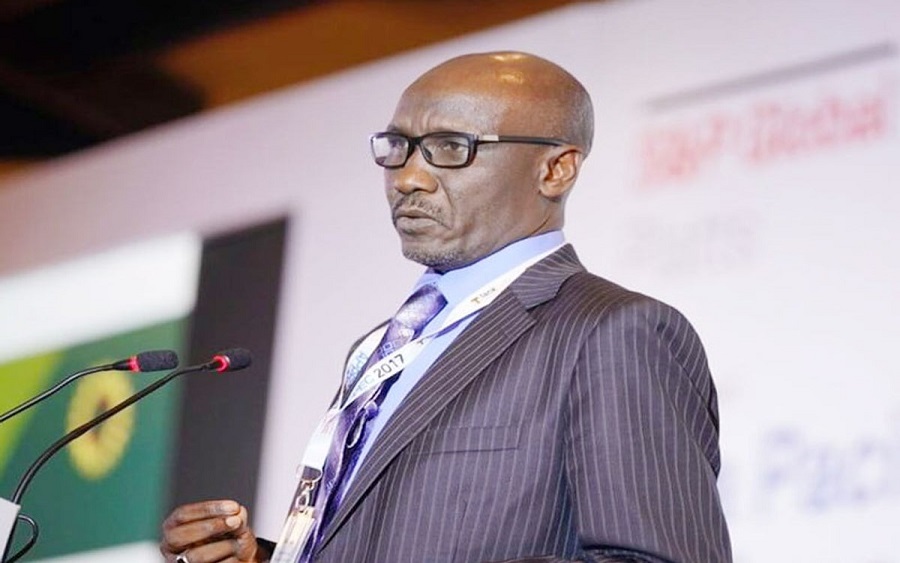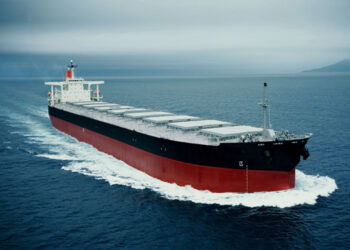Yesterday, media reports stated Nigeria had cut its official selling price of crude oil to record lows as the country looks to clear a glut of unsold April-loading cargoes before announcing its May program. According to Reuters, the Nigerian National Petroleum Corporation (NNPC) cut its April official selling prices for Bonny Light and Qua Iboe by US$5/bbl.
We believe this is a response to the steep decline in oil prices due to lower oil demand induced by the coronavirus pandemic amidst price & market share war between Saudi Arabia and Russia. The price war positions Nigeria’ crude among the most expensive and consequently, European and Asian buyers ignored Nigeria’s crude. This made a price cut inevitable for NNPC.
READ MORE: The good, bad and ugly of low oil prices for Nigeria


The news agency further reported Nigeria’s available to load cargoes for the month of May will see increases across key grades. We note this may be in line with the Ministry of Petroleum announcement that it would ramp up production in the face of declining prices. The climb in production comes despite comments from the Group Managing Director of NNPC, Mele Kyari stating over 50 cargoes of crude are yet to be sold. The unsold cargoes are estimated to be c.70% of Nigeria’s total oil exports according to S&P Global Platts.
We note this move would raise more than anticipated revenue pressures for the federal government. At the recently concluded FAAC meeting, revenue shared declined N65.8 billion with revenue pressure points beginning to emerge. We expect this would be aggravated in coming months as the country grapples with the burden of unsold cargoes and declining prices.
[READ MORE: Tweak of exchange rates: A bold move from CBN?)
Furthermore, with the coronavirus outbreak in Nigeria growing worse on a daily basis, we expect economic activities to grind close to a halt in coming weeks which consequently impacts tax revenue collection. We note the FIRS recorded a tax collection shortfall of N282.1bn in January.
Furthermore, the slash in prices is taking its toll on capital and operational spending by IOCs within the country. Seplat Petroleum Development Company Plc (SPDC), announced it has plans to cut costs by at least 30% as a response to the crash in crude prices.
In addition, Shell announced plans to cut capital spending while reducing operating costs and working capital materially. The planned decline in capex spending comes on the back of the pre-oil price crash plans by several IOCs to reduce investment spending in Nigeria as necessary reforms are yet to be carried out by the government.
We believe the struggle to attract buyers for Nigerian crude amidst low prices will push the Nigerian government to implement a clear diversification plan to rescue both the short term and long term fiscal position of the country. Several diversification plans have been drawn in the past with the aim of boosting agriculture, mining and tax collection. However, each cyclical downturn in oil prices has met the country unprepared as poor implementation has hindered success of previous diversification plans.
_______________________________________________________________________
CSL STOCKBROKERS LIMITED CSL Stockbrokers,
Member of the Nigerian Stock Exchange,
First City Plaza, 44 Marina,
PO Box 9117,
Lagos State,
NIGERIA.




















Special Assistant, Tene-Omadide Karure, to the delta state commissioner for science and technology was sacked for refusing to remit N100, 000 from his salary into the bank account of his girlfriend.
Matthew Tsekiri who’s the commissioner had ensured that every month, 40 per cent of Karure’s N250, 000 salary goes to his (commissioner) girlfriend in Asaba, the Delta State capital.
The lady named Kesiena Okotete had been a sidekick for Tsekiri for a while and it was through the hard-earned monthly wage of Karure that he met some of her needs.
SaharaReporters gathered that trouble started after the Delta Commissioner for Science and Technology, whose wife and kids are based in the United Kingdom, sought an increase in the remittance to his girlfriend from N100,000 to N150,000.
Karure, who up until that point had bottled the strain on his salary, refused to give in to the demands of his boss, ultimately leading to his sack.
It was also discovered that Tsekiri right from the time Karure was appointed to work with him in September 2019, collected N400,000 out of the N819, 202 accumulated salary paid to Karure by the Delta State Government.
On January 30, 2020, Karure made a cash payment of N150,000 to Tsekiri and another N100,000 for the remittance and a N50,000 loan requested by the commissioner.
Again, on February 28, 2020, Karure made a transfer of N100,000 out his salary to the commissioner’s account.
When Karure decided that he had had enough of his boss’ insane demands, he confronted him and sought refunds. I gathered that a total of N650,000 (50 per cent) out of an excess of N1, 319, 000 received between the months of engagement was collected from Karure by the commissioner.
Shortly after dismissing Karure, Tsekiri appointed one Mr Progress Akpofure Okotete, brother to his girlfriend, to resume as special assistant.
reached out to the commissioner for comments, his lines were switched off.
Karure on his part when contacted, said, “I am not happy with how I was treated and eventually sacked.
“I want the Delta State governor to investigate the matter so that justice can prevail.
“I want to hold positions of leadership one day, I want it to be clear that my hands are clean and I was wrongfully sacked.”